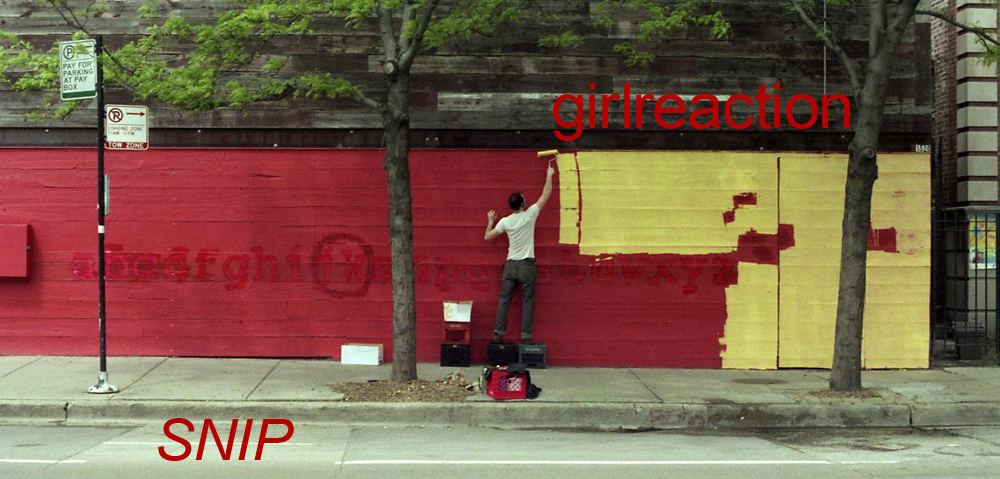I picked this up at Foyle’s on the January trip to London after the blurbs on the back intrigued me: “story of a passionate love affair”, “heart-breaking true account of mad, intemperate love”, “filled with a searing emotion that burns off the page.” First person narrative; talking to the lover lost (murdered); remembering the moments, each one as they came; gathering memories; filling in the blanks. Thinking of the what-might-have-beens. Recalling what was.
Sad but moving. Occasionally awkward. Concise. Very quick read.
It wasn’t until after I read the notes in the back of the book and googled the author’s name that I learned the details — a true story. But questions remain. Was Tonio murdered as a message to quiet his mother’s research into a previous love triangle murder? Was he simply at the wrong place at the wrong time? Intriguing.
